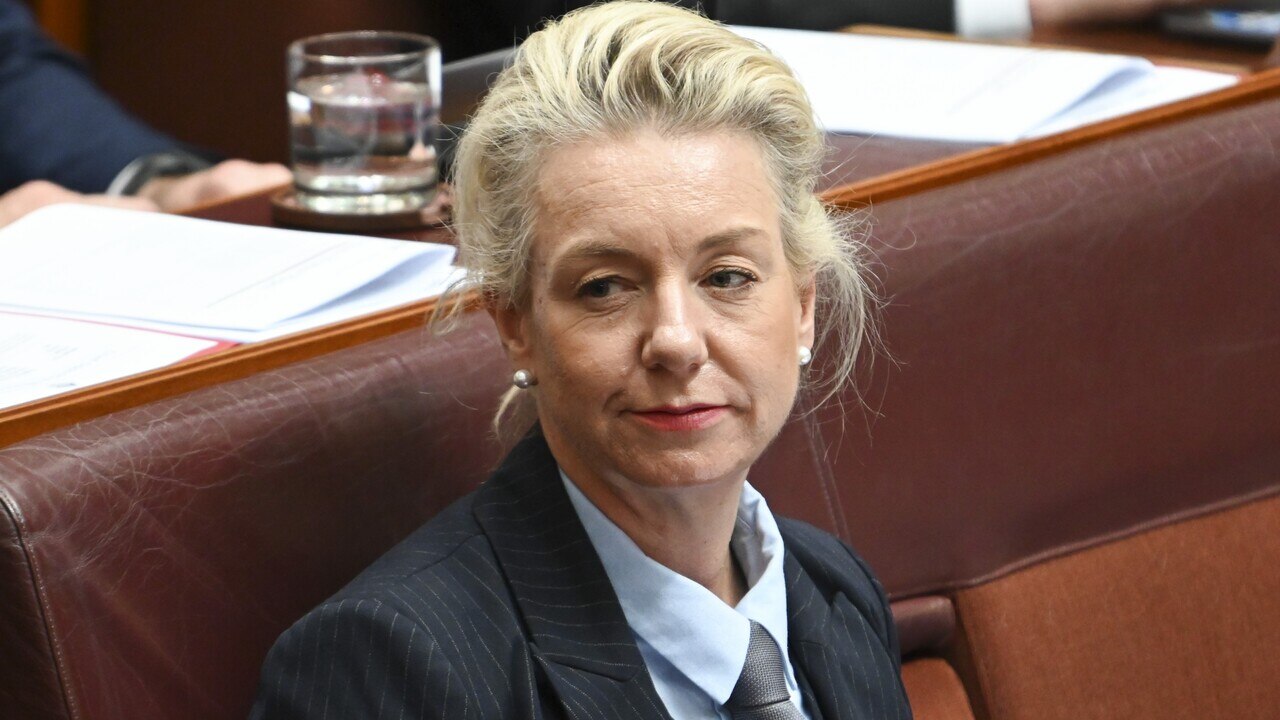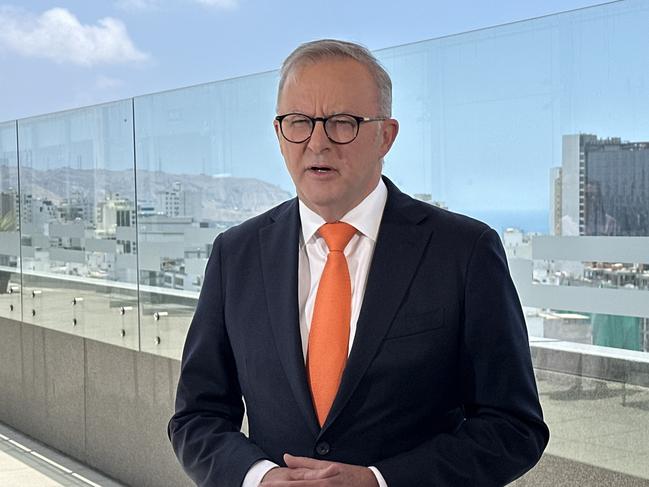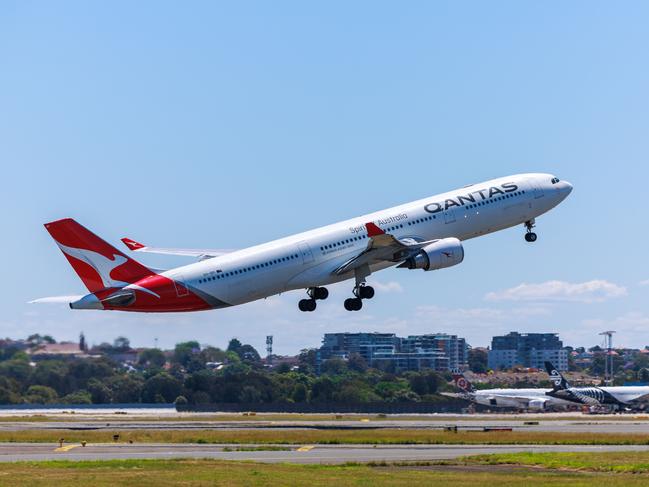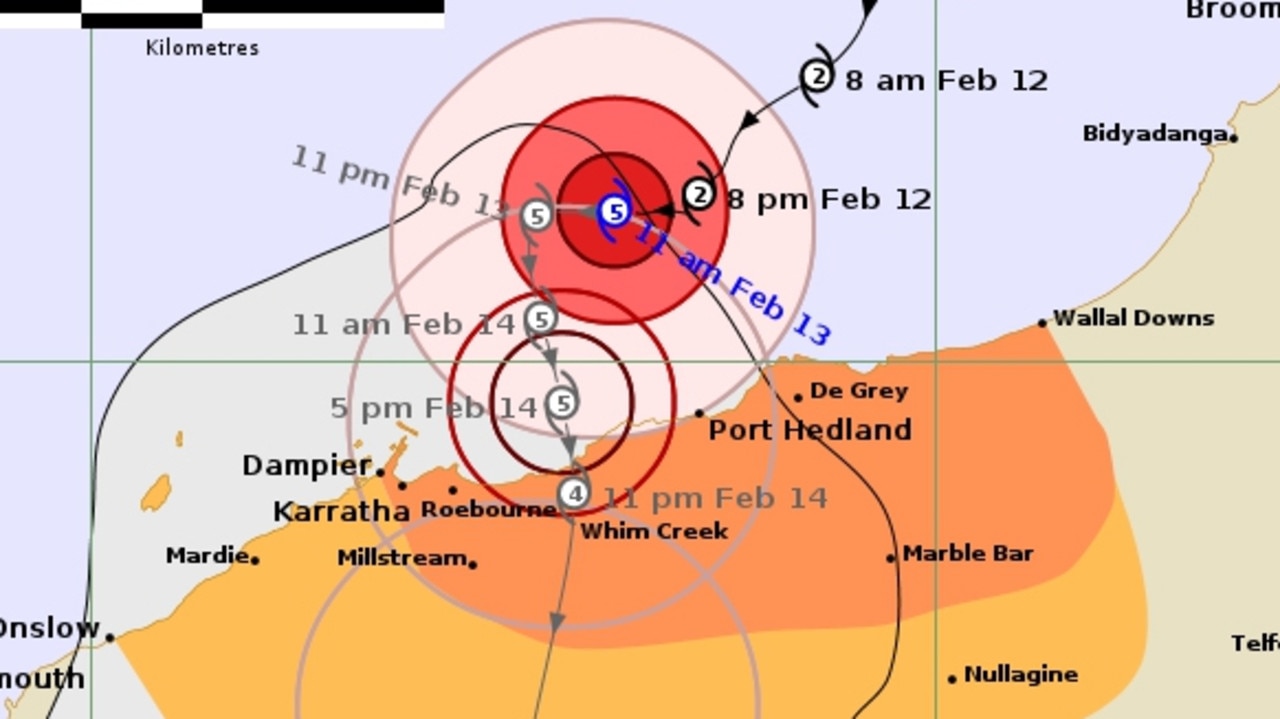Voters believe Albanese government gave Qantas preferential treatment over Qatar Airways decision
Australians have voted on the Albanese government’s treatment of Qantas over Qatar Airways, with new polling also revealing the extent of electoral pessimism. Have your say.

National
Don't miss out on the headlines from National. Followed categories will be added to My News.
Exclusive: More than 60 per cent of voters believe the Albanese government gave preferential treatment to Qantas over Qatar Airways as new polling reveals the extent of electoral pessimism in Australia.
New RedBridge research puts Labor and the Coalition at a 50/50 split on two-party preferred terms at the next election, as inflation and the rising cost of living fuels grievances against the federal government.
The polling found about 56 per cent of Labor’s primary vote was soft, or potentially up for grabs by an opposing party, compared to 31 per cent for the Coalition and 52 per cent for the Greens.
The new polling comes after revelations that Prime Minister Anthony Albanese received 22 flight upgrades from Qantas since 2009, prompting questions over the federal government’s decision to reject a Qatar Airways bid to expand flights in and out of Australia last year.

Critics said the government’s rejection of Qatar’s plans kept Qantas in a dominant market position, leaving customers paying more for airline travel.
RedBridge director Kos Samaras said suspicion towards the Albanese government’s dealings with Qantas reflected that voters believed decisions were being made due to personal favour instead of merit or consumer interests.
The RedBridge polling found 61 per cent of voters believed Prime Minister Anthony Albanese gave Qantas preferential treatment over Qatar.
This included 46 per cent who are intending to vote for Labor and 76 per cent who are intending to vote for the Coalition at the next election.
Only 11 per cent believed the Albanese government did not give Qantas preferential treatment over Qatar while 28 per cent were unsure.

“That’s fundamentally the problem, the perception that the reason why Qatar Airlines was turned down was because Qantas is handing out all these freebies to politicians,” said Mr Samaras, a former Labor strategist.
“So they [government] don’t actually introduce any competition, which then hurts the consumer.
“That positions politicians as a group of individuals separated from the lived experience of Australians.”
RedBridge director Tony Barry said inflation was political kryptonite to incumbent governments and the challenge for political leaders was to communicate a narrative that gave voters hope.
“There is an entrenched pessimism in the electorate and this is fuelling grievance and a strong mood for change,” said Mr Barry, a former Liberal strategist.
“This protracted grievance in the electorate is uniting and expanding fragmented constituencies against the government.”
The research found 51 per cent of voters believed their future living standards would be worse or much worse in five years compared to the period before the pandemic in 2020.
Voters intending to cast a ballot for the Coalition at the next election are more pessimistic about the future than Labor voters, with 54 per cent believing their living standards would be worse or much worse five years from now.
About 40 per cent of ALP voters believed their living standards would fall over the next five years as well as 48 per cent of Greens voters.
Originally published as Voters believe Albanese government gave Qantas preferential treatment over Qatar Airways decision





